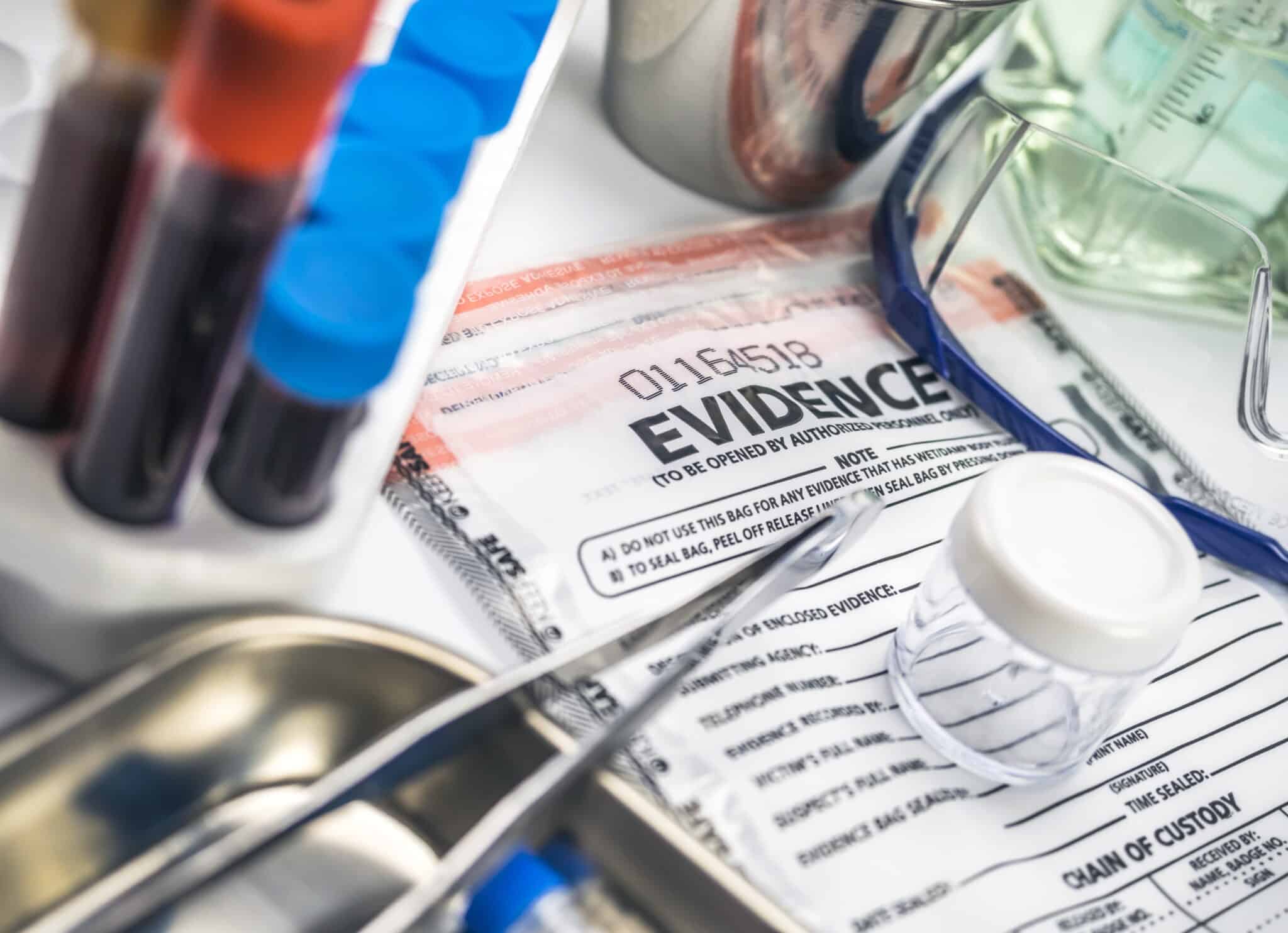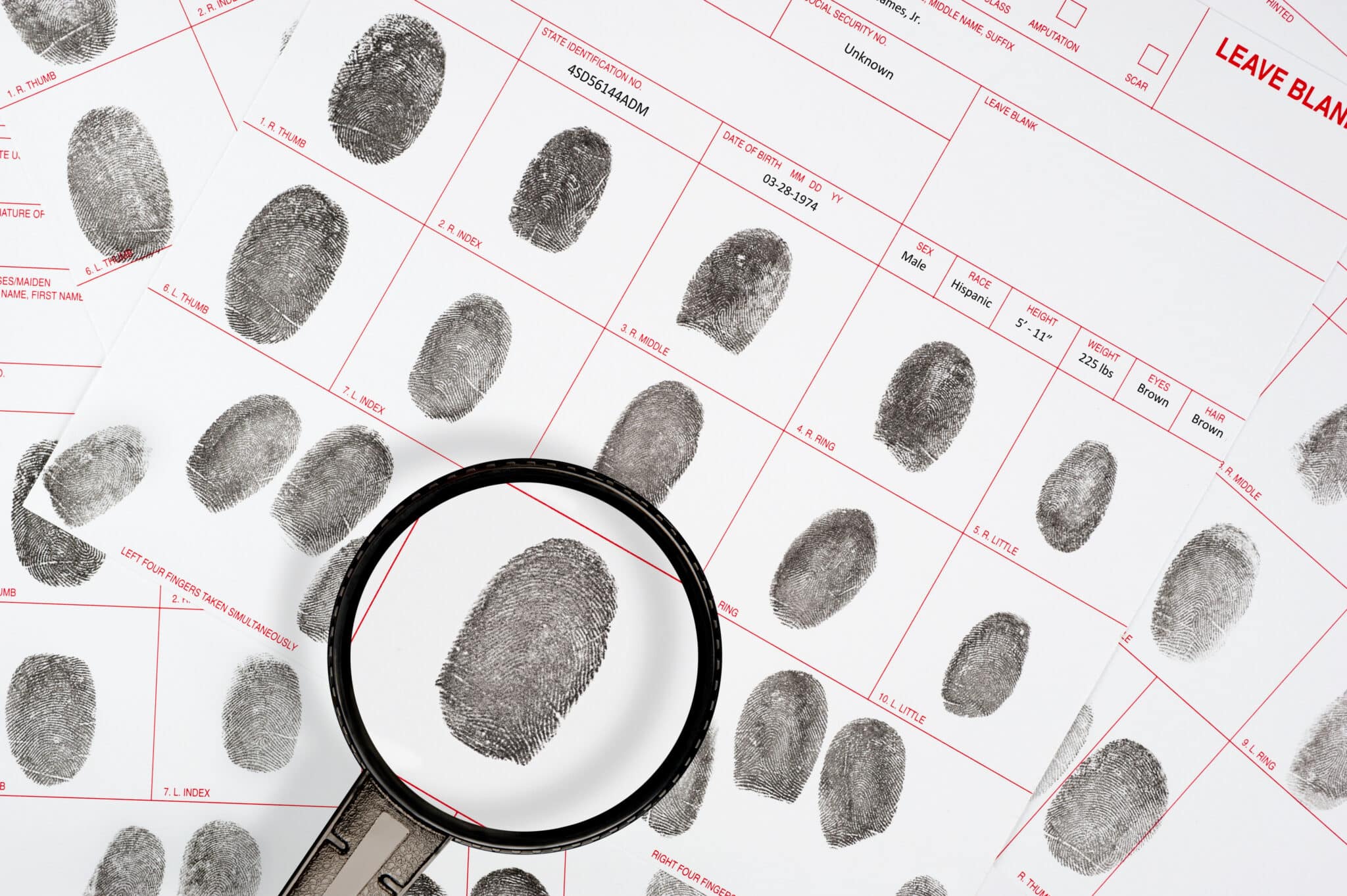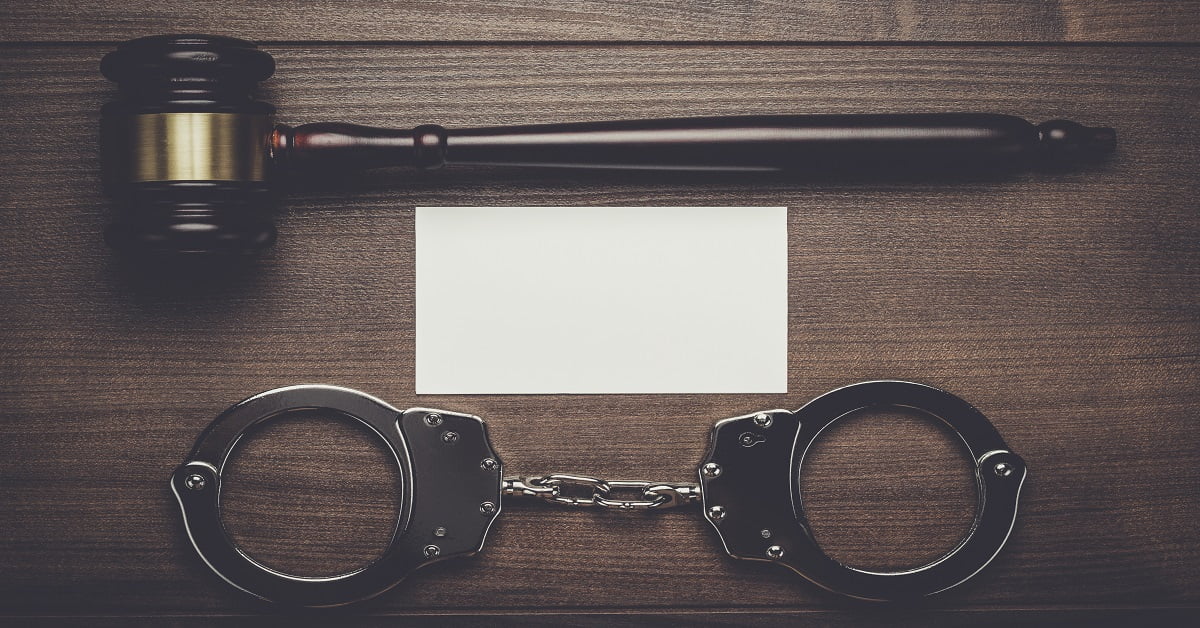The classes of felonies in Missouri and their punishment range
According to Missouri legal statutes, felonies are crimes that are considered to be more serious in nature, typically punishable by imprisonment for at least one year. Missouri criminal law classifies felonies into five categories, ranging from Class A to Class E, with Class A being the most serious crimes and Class E felonies being the least serious crimes. Each class of felonies has a different set of offenses and punishment range.
During my visit to the US, I was extra cautious about its state laws as a tourist. Missouri’s felony classification reads like a descending ladder — Class A at the top with life-changing stakes and Class E, the least severe, still not to be taken lightly. I was mighty impressed.” – Shailen Vandeyar, Funnel Teacher
Class A Felonies
This category is reserved for the most serious and violent crimes against another person. Examples of offenses that fall under this category include, but are not limited to, murder, treason, first-degree kidnapping, forcible rape of a child under 12 years, first-degree robbery, causing a catastrophe, abuse or neglect of a child resulting in death, serious sex crimes, serious assaults, and some drug crimes. A Class A felony carries a sentence of 10 to 30 years in prison or life imprisonment. Persistent sexual offenders convicted of Class A felonies more than once get a life sentence without the option of probation or parole.
Class B Felonies
While they may carry a lesser sentence than Class A felonies depending on the nature and severity of the offense, Class B felonies are also very serious crimes that carry harsh penalties.
Examples of Class B felonies in Missouri include, but are not limited to, voluntary manslaughter, first-degree abortion, first-degree burglary, first-degree domestic assault, first-degree assault, bus hijacking, second-degree drug trafficking, and promoting prostitution in the first degree. Class B felonies are punishable by imprisonment for not less than 5 years and not exceeding 15 years.
Class C Felonies
Class C felonies mostly involve theft and property crimes but may also involve a crime against another person.
Examples of Class B felonies include involuntary manslaughter, fraud, identity theft, resisting arrest, third degree domestic assault, failure to make report of drug transfer, use of child in sexual performance, and many more. A Class C felony conviction carries a prison sentence of not less than 3 years and not exceeding 10 years. A court may order a person convicted of a Class C felony to pay a fine of up to $10,000 or twice the amount of financial gain to the offender.
Class D Felonies
Class D felonies are considered less serious offenses within Missouri statutes. Examples of Class C felonies include Class I election offenses, passing a bad check, unlawful use of a weapon, fraud, second-degree domestic assault, unauthorized practice of medicine or surgery, aggravated DWI, sale of drugs without a license, and many more. A Class D felony is punishable by up to 7 years in prison. Class D felonies are punishable by a fine of up to $10,000 or twice the amount of financial gain to the offender. The court can give probation for most class D felonies when the offenders have served a certain percentage of the total sentence. However, there are offenses such as DWI and child abuse for which offenders are not eligible for probation or parole.
Class E Felonies
These are considered the least serious offenses within Missouri statutes and typically carry the least severe range of punishment available under the statute. Class E felonies include providing false information, insurance fraud, deceptive business practice, third-degree assault, breach of confidentiality regarding taxes, motor fuel tax evasion, invasion of privacy, abandonment of a corpse, and many more. A Class E felony is punishable by a prison sentence of up to four years and a fine of up to $10,000 or twice the amount of financial gain to the offender.
A felony charge in Missouri is simply bad news. If convicted, one could be facing up to 30 years in prison or a life sentence. It takes a skilled criminal defense lawyer to guide and represent a person facing felony charges for the best outcome possible.
Contact US

















